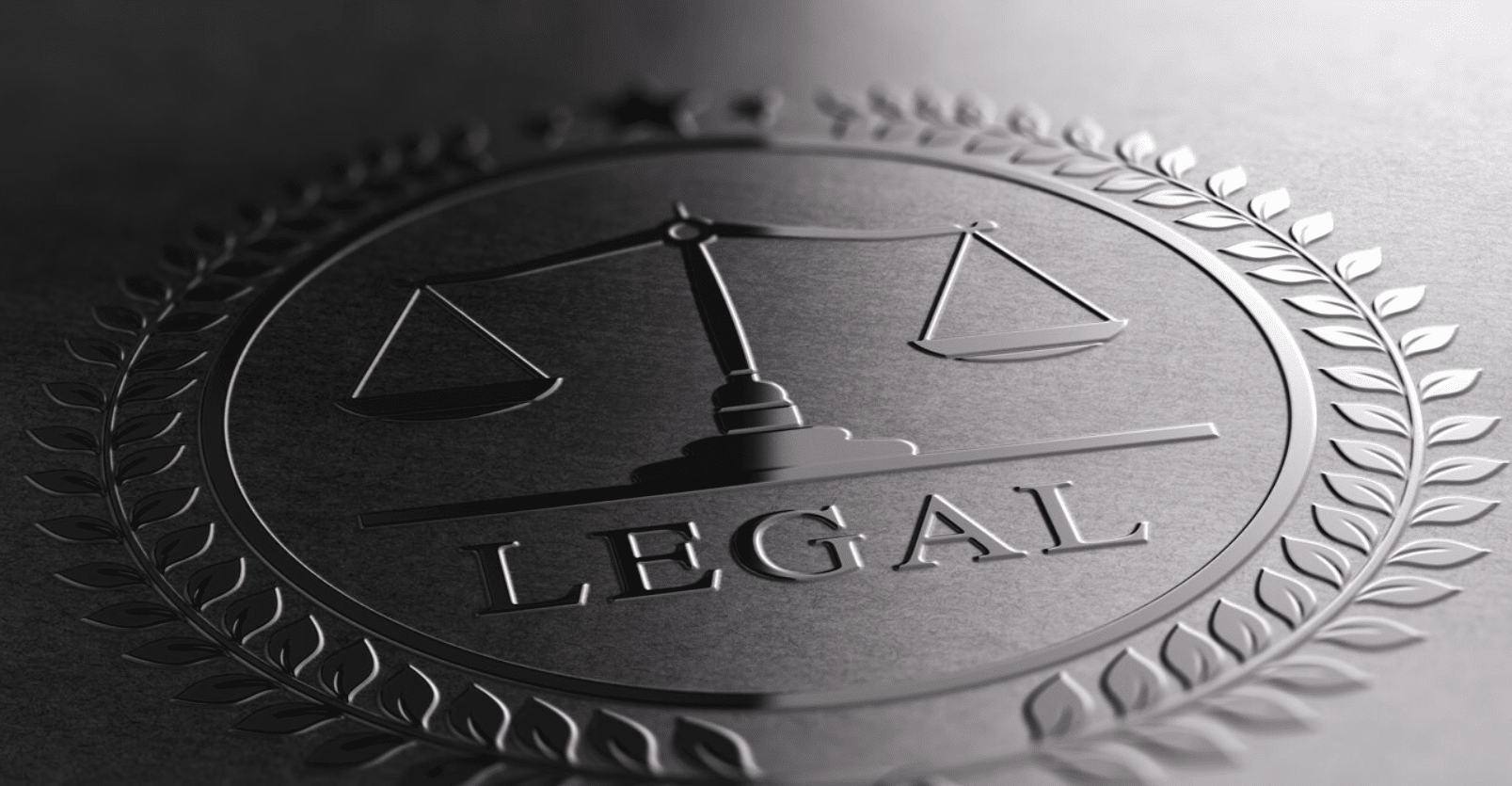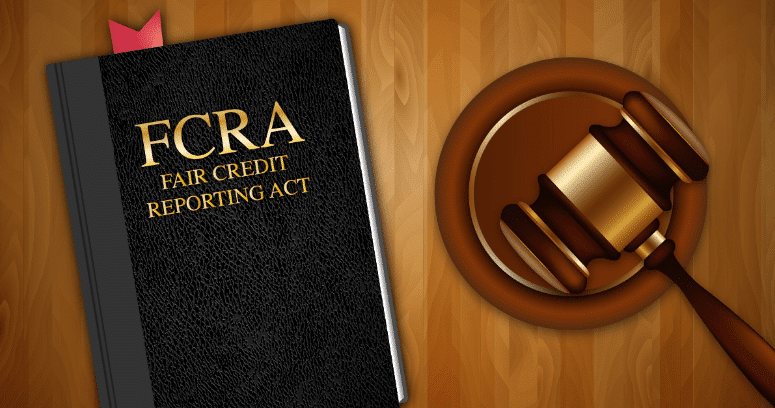Looking to kickstart a civil lawsuit? It’s always a good idea to explore having some legal support on your side. And if you find yourself on the receiving end of a lawsuit, don’t fret! You can still triumph without needing a lawyer. Simply turn to ZumaZip for assistance in responding to a debt collection lawsuit, and boost your odds of success by a whopping 7x times!
You might consider filing a civil lawsuit if you’ve suffered physical or financial losses due to someone else’s actions. While a civil case can’t restore your health, it can entitle you to monetary damages you can use to get back on your feet following an unfortunate incident.
There are numerous examples of civil lawsuits. Some of the most common involve personal injury claims, contract disputes, and product defect claims. In a civil suit, the plaintiff (person suing) must prove that the actions of the defendant (person being sued) caused them harm and led to their losses.
Civil claims differ from criminal cases in that the defendant won’t go to jail if they’re found responsible for an accident or injury. However, a plaintiff who successfully proves their injuries in a civil claim will receive some type of award, usually for monetary damages.
Is a civil litigation attorney expensive?
Worried about the costs of hiring a civil litigation attorney? It’s understandable to have concerns, especially if you’re working within a tight budget or dealing with a small claims court situation. But here’s the good news: the notion that legal representation is always prohibitively expensive is actually a misconception!
In many cases, civil litigation attorneys operate on a contingency basis, which means you won’t need to shell out hefty upfront fees. Instead, you’ll only pay your attorney if they successfully secure a settlement or win your case in court. This fee is typically a percentage of the final award, tailored to the attorney’s expertise and the complexity of your case. So, you can rest assured that legal support may be more accessible and affordable than you think!
How does a civil litigation attorney help?
A civil litigation attorney wears many hats and plays a crucial role in navigating the complexities of legal disputes. Here’s how they can help:
- Evaluation and Analysis: They assess your claim, identify relevant laws, and gather evidence to build a solid case against the defendant.
- Legal Guidance: They provide invaluable guidance, helping you understand your rights and the strengths of your potential claims. With their expertise, you can better grasp who might be liable for your losses and explore your options.
- Case Management: From inception to resolution, they oversee every aspect of your case, ensuring it’s well-supported and properly represented. This includes liaising with law enforcement, industry experts, and others to gather essential documentation and evidence.
- Paperwork and Administration: Legal proceedings often come with a mountain of paperwork. Your attorney handles all of this, sparing you the headache and ensuring that everything is in order.
- Negotiation Skills: They negotiate on your behalf with the defendant or their insurance company, striving to reach a settlement agreement before heading to court. Many civil cases are resolved through negotiation, saving time, money, and stress.
- Case Valuation: Drawing on their experience, they can accurately assess the value of your case. If a settlement offer falls short, they’ll advocate for your best interests and push for a fair resolution.
In essence, a civil litigation attorney serves as your advocate, guiding you through the legal process, fighting for your rights, and striving for the best possible outcome.
Do I need a lawyer for a civil case?
While it’s not a strict requirement to have a lawyer for a civil case, it’s highly advisable to seek legal assistance. Civil litigation can indeed be complex, involving intricate legal procedures and nuances that may be challenging to navigate alone. By enlisting the expertise of a professional attorney, you can benefit from their in-depth knowledge and experience, ensuring your case receives the attention and professionalism it deserves. Having a lawyer by your side can significantly increase your chances of achieving a favorable outcome and navigating the complexities of the legal system with confidence.
Can I handle a civil litigation claim on my own?
Absolutely, you can handle a civil litigation claim on your own, especially if it’s a small claim being pursued in small claims court. If the potential outcome of the case won’t significantly impact you, and the damages being sought are relatively minor, it may not be necessary to hire an attorney.
For example, if you’re dealing with a small claim of less than $500, the cost of hiring a lawyer might outweigh the potential loss. In such cases, representing yourself can be a practical and cost-effective approach. Just ensure you familiarize yourself with the procedures and rules of small claims court, and gather any necessary evidence to support your case.
Let’s look at an example.
Example:
Brad found himself in a situation where he was being sued by a debt collector for an old credit card debt totaling $790. When he searched online for an attorney, he discovered that most charged fees higher than the debt itself, and many weren’t interested in taking on cases with such a small monetary value. Faced with this challenge, Brad turned to ZumaZip for assistance. Using their online platform, he filled out an Answer form, which was then reviewed by an attorney. ZumaZip handled the filing process for him, and to Brad’s delight, a few weeks later, he received news that the debt collector had dropped the case. This successful outcome allowed Brad to navigate the legal process effectively and efficiently, without the need for expensive legal representation.
How long does civil litigation take?
The timeline for civil litigation cases can vary depending on various factors, but here’s a general overview:
- Settlement Cases: Many civil litigation cases, such as personal injury claims, often reach a resolution through settlement. If you’re pursuing a claim against a defendant and their insurance provider, they may opt to settle rather than go to court, especially if the case is strong. In such instances, you could potentially recover damages in less than a year from the start of your claim.
- Court Cases: However, if the defendant is unwilling to settle and the case proceeds to court, the timeline can be longer. Defendants may choose this route if they believe they have a strong defense or are unwilling to offer a significant payout through settlement. Cases that go to court may take several years to resolve due to court scheduling, legal proceedings, and potential appeals.
Ultimately, the duration of your civil litigation case will depend on various factors, including the complexity of the case, the willingness of parties to settle, court schedules, and the strategies employed by both sides. An experienced attorney can provide insights into the likelihood of settlement versus litigation and guide you through the process accordingly.
Should I hire an attorney for my debt collection case?
If you’re facing a debt collection lawsuit and weighing whether to hire an attorney, here’s some insight:
Often, when sued for debt, hiring legal representation might not be feasible due to financial constraints. Additionally, the cost of hiring a lawyer could exceed the debt itself. Moreover, finding the right attorney can be time-consuming, and there’s a deadline to respond to the lawsuit to avoid default judgment.
That’s where ZumaZip steps in to empower individuals like you to handle their cases independently and effectively. By representing yourself, you can save significant money, time, and stress. ZumaZip offers tailored legal documents to help you respond to debt lawsuits, significantly enhancing your chances of success by up to 7 times.
Here’s a brief overview of how it works:
- Utilize our Answer form to respond to each claim against you and assert your affirmative defenses.
- File your Answer in court and ensure it’s served to the opposing attorney.
With ZumaZip, you can navigate the legal process without the need for costly legal representation.
You can do all this without hiring a lawyer.
What is ZumaZip?
ZumaZip is a convenient tool designed to help individuals combat debt collectors with ease.
With ZumaZip, you can take several actions to address debt collection challenges. Whether you need to respond to a debt lawsuit, correspond with collectors via letters, or negotiate a debt settlement, ZumaZip has you covered.
One of ZumaZip’s key features is its Answer service, which is a user-friendly web application guiding you through each step of crafting a comprehensive response to a debt lawsuit. By asking you all the necessary questions, ZumaZip ensures your Answer is complete and accurate. Once you’ve finished, an attorney will review your document before filing it on your behalf, providing you with peace of mind throughout the process.
I need a civil attorney
If you’re considering legal representation for a civil case, it’s wise to explore your options. While resources like ZumaZip offer tools to empower self-representation, there are situations where having a civil attorney can be invaluable. If you’re in need of legal assistance, you can search for qualified civil attorneys in your area through online directories or legal referral services. These professionals can provide personalized guidance and support tailored to your specific circumstances, ensuring your rights are protected and helping you navigate the complexities of the legal system effectively.. If you need a civil attorney, search for one in your area here.
What kind of lawyer do I need for a civil suit?
The type of lawyer you’ll need for a civil suit largely depends on the nature of your case. Civil law encompasses a wide array of legal issues, so finding the right attorney who specializes in the specific area relevant to your lawsuit is crucial. Here’s a breakdown of common types of civil cases and the corresponding legal specialists:
- Personal Injury Lawyer: For cases involving injuries from accidents, negligence, or malpractice (e.g., car accidents, slip and fall incidents, medical malpractice).
- Employment Lawyer: For workplace-related issues such as discrimination, harassment, wrongful termination, or wage disputes.
- Family Lawyer: Handles matters like divorce, child custody, alimony, adoption, and other family-related issues.
- Real Estate Lawyer: Deals with property-related disputes, including property ownership, landlord-tenant conflicts, and real estate transactions.
- Business/Corporate Lawyer: Manages business disputes like breach of contract, partnership disagreements, or intellectual property disputes.
- Consumer Rights Lawyer: Specializes in consumer issues such as product liability or consumer fraud.
- Civil Rights Lawyer: Focuses on cases involving discrimination or violation of civil rights.
- Environmental Lawyer: Handles legal issues related to environmental regulations and disputes.
- Estate Planning Lawyer: Assists with wills, trusts, and estate planning matters.
- Contract Lawyer: Deals with disputes or issues arising from the interpretation and enforcement of contracts.
When selecting a lawyer, consider their experience, expertise in the specific area of your case, and their track record of success. Consulting with a general practice attorney can also be beneficial, as they can provide guidance on which specialist would be most suitable for your case. Ultimately, choosing a lawyer who is well-versed in the specific area of law relevant to your case will ensure you receive the most effective representation and advice.
What if I haven’t been sued yet?
If you’ve only received a collections notice, but not a lawsuit, the best way to respond is with a Debt Validation Letter. When a debt collector contacts you in any way, whether it’s by phone or mail, you can respond by formally requesting a debt validation with a Debt Validation Letter . This letter notifies the collector that you dispute the debt and forces them to provide proof you owe the debt. They can’t call you or continue collecting until they provide validation of the debt. This flowchart shows how you can use a Debt Validation Letter to win.
Get started with a Debt Validation Letter here.
How to Answer a Summons for debt collection in all 50 states
Here’s a list of guides on how to respond to a debt collection lawsuit in each state:
- Alabama
- Alaska
- Arizona
- Arkansas
- California
- Colorado
- Connecticut
- Delaware
- Florida
- Georgia
- Hawaii
- Idaho
- Illinois
- Indiana
- Iowa
- Kansas
- Kentucky
- Louisiana
- Maine
- Maryland
- Massachusetts
- Michigan
- Minnesota
- Mississippi
- Missouri
- Montana
- Nebraska
- Nevada
- New Hampshire
- New Jersey
- New Mexico
- New York
- North Carolina
- North Dakota
- Ohio
- Oklahoma
- Oregon
- Pennsylvania
- Rhode Island
- South Carolina
- South Dakota
- Tennessee
- Texas
- Utah
- Vermont; Vermont (Small Claims court)
- Virginia
- Washington
- West Virginia
- Wisconsin
- Wyoming
































